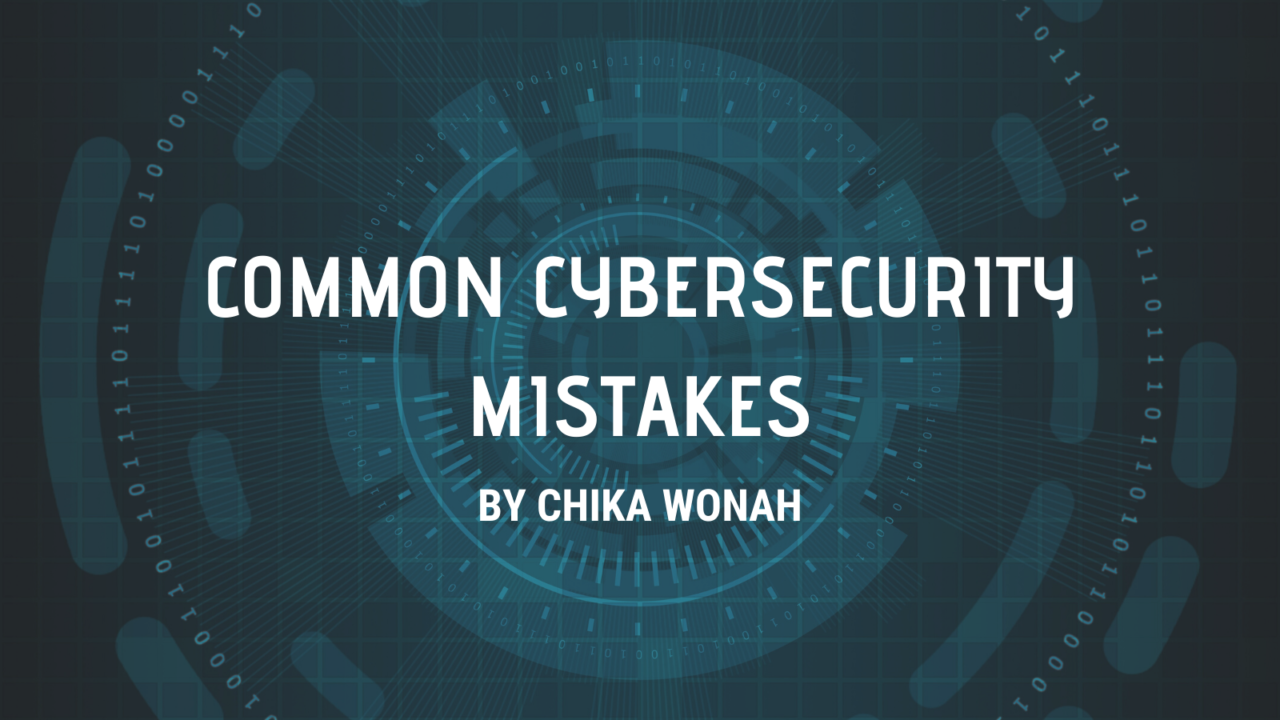Adequate cybersecurity requires organization and leadership from all aspects of the organization. For solid security against most cyber attacks, there are a few basic principles that an organization should follow. The following are the most common mistakes made by organizations regarding their cybersecurity efforts as well as tips to avoid these common mistakes.
1. Having a Sense of False Security
It happens all too often that a company falsely presumes they are not a target due to the type of data they typically handle. Cyber attacks commonly affect credit card data and personally identifiable information. Despite this, every company is at risk of an attack, as all businesses have valuable information and a leak could impact all of your employees and consumers. A solution is to hire experts to determine vulnerabilities within your company and set up security appropriately.
2. Placing Emphasis on the Wrong People
IT is not the only responsible department for cybersecurity. Everyone in the company carries company data and has the responsibility of protecting it. Organizations should obtain policies and processes to help every employee protect company assets. To ensure that your entire organization is protected it is vital to train, educate, and simulate the entire staff for cyberattack scenarios.
3. Misunderstanding Your Network
Another big mistake companies make is failing to understand and update their network. Failing to do so makes a breach simple and almost inevitable. It is impossible to verify network targets, however, there are ways to lessen the probability of an attack. Ensure that IT updates software in a regular and timely manner and knows where company data is.
4. Only Having One Line of Defense
Many companies simply rely on anti-virus software. These technologies are not adequate for advanced attacks. This software work to identify a virus after it has been attacked. The solution to this is in addition to the anti-virus technology, companies should also employ technologies that also work to predict future attacks and their effects.
5. Overlooking Your Endpoints
Most attacks are on those who fail to monitor their endpoints. Today’s hackers can pass endpoints quickly. Appropriate endpoint technology should be used to provide a proactive approach to tracking down attacks and viruses. Proper security requires a proactive approach.
